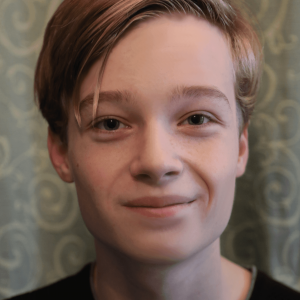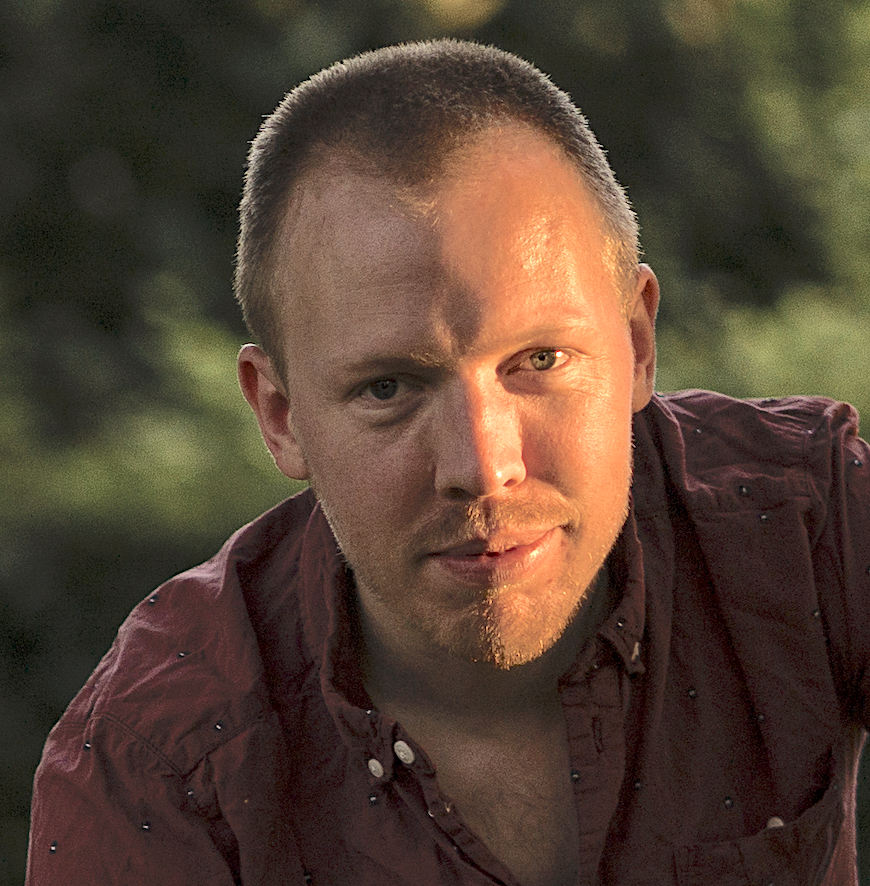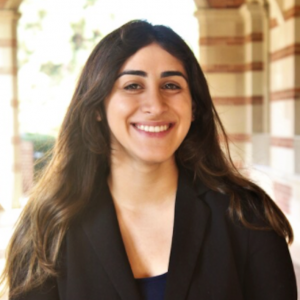| Time: | Wednesdays 17:00-18:30 |
| Duration: | 3.10.22-30.09.23, Bavarian holidays and September excluded |
| Cost: | 60€ per month (see Cost) |
Curriculum for 2022/23 will be updated soon.
What will we learn?
This course will investigate how humans think, from two main perspectives: the strengths and weaknesses of human thinking; and how brains make thinking possible.
Karsten will focus on understanding how we think, and what skills and principles to adopt to think better. Unfortunately, you’ll frequently see during this course that we humans frequently fall into ‘thinking traps’, in particular when we use intuitive reasoning. Such pitfalls are now well-documented by scientists, and you’ll learn how to protect yourself against several of them.
With Laila you’ll dive into the basic principles of neuroscience, by first reviewing the building blocks of the brain. Once you have a clear grasp of this, we will apply your knowledge to populations of neurons that work together to create your holistic experience. However, these processes do not always occur perfectly, which is why we will also learn about various diseases and disorders of the brain that can affect cognition. Lastly, we will investigate attempts to artificially create intelligence and how these networks relate to the human model.
For more information, see the course syllabus.
How will we work?
Each session will start with a lecture, followed by small group work and discussion. The critical thinking component (Karsten) will also involve a project for each student, where the student learns to apply the techniques we learn to a topic they care about. We don’t plan to have homework for this course. Laila will embed original scientific literature throughout the class so you can begin to familiarize yourself with how science is conducted in the laboratory, and how we turn experimental results into our fundamental understanding of how biology works.
What are the goals?
At the end of this course, students will:
- Be aware of some of the common pitfalls of human thinking
- Be able to systematically examine claims from multiple perspectives
- Be able to systematically update one’s beliefs based on evidence
- Understand the basics of the brain: from a cellular to a structural level
- Describe classic neuroscience research techniques and how they illuminate information about the nervous system
- Learn to critically analyze the strengths and limitations of scientific methodology
- Understand the underlying circuitry behind biologically and artificially intelligent systems
- Consider the implications of advancing neurotechnology to augment the human experience
Student’s testimonial

“I liked the course very much. I think both Karsten and Chris [previous neuroscience teacher] are very great teachers because they know a lot about their field and have a humourous and good understandable way of teaching yet very intense lessons. We discussed a vast range of different topics, most of which I’ve never heard before, which was so interesting and really broadened my horizons. I have found the two approaches, neuroscience and rationality especially helpful to get a better understanding of how we think. It was an open-minded and friendly environment, so that we discussed different opinions very openly and the teachers are friends.” – Adrian Cipriani
Any questions?
Please call us or write an email:
0151 701 66 162 | lyzeum.muenchen@gmail.com


